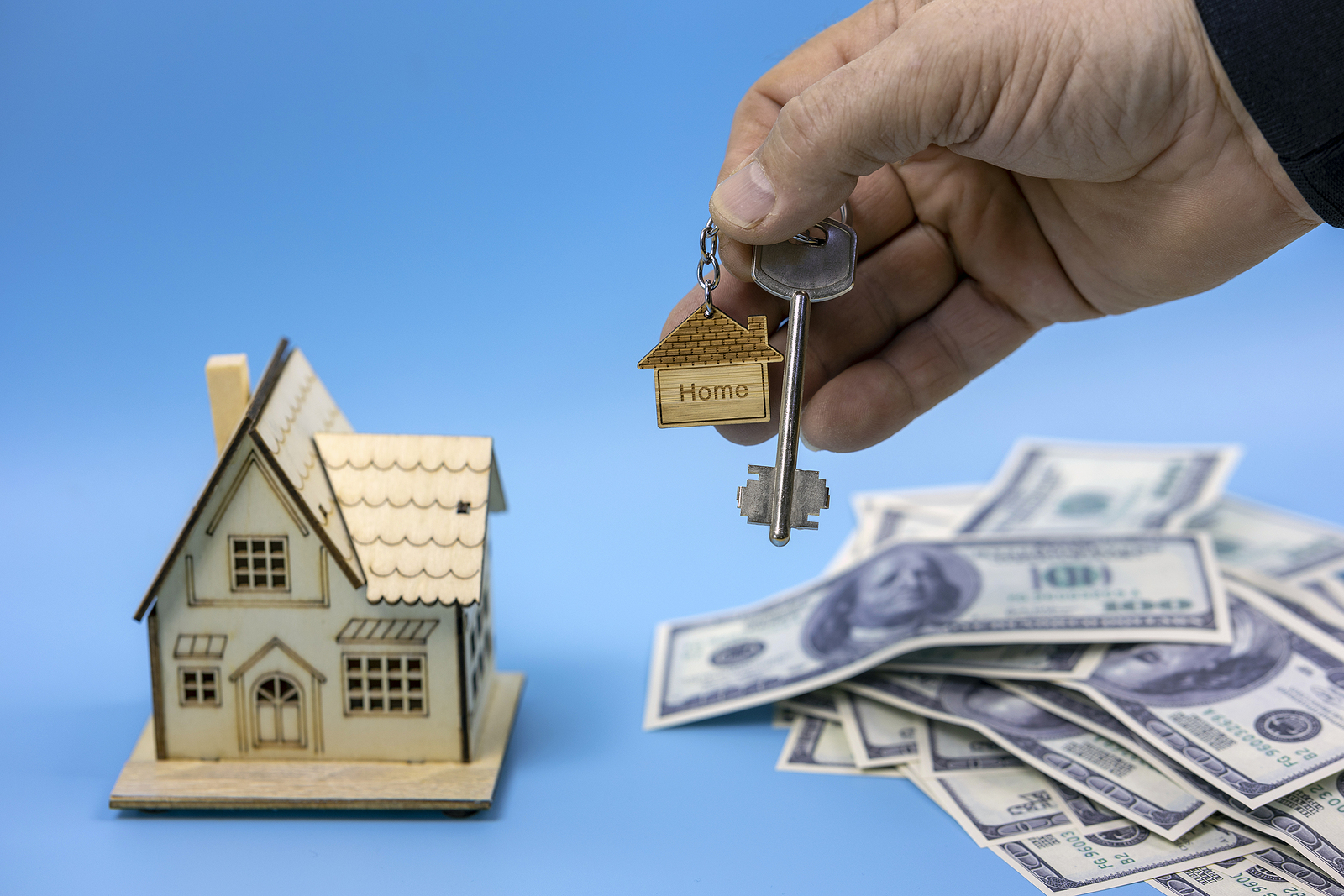Lately, trying to keep up with housing market news can result in whiplash. Everyone seems to have an opinion, but they fall in two camps: doom and gloom or sunshine and lollypops.
Then, there’s the fact that this transition period we are in is spotty, depending on region. The market isn’t consistent across the country.
When trying to figure out what’s happening in the housing market, we like to pay close attention to three aspects of the market and the economy:
- Pending home sales
- Mortgage rates
- Consumer confidence
Let’s take these one-at-a-time and break it down for you.
Pending home sales
A signed purchase agreement for a home is known as a “pending sale.” Technically, the home is sold, pending the realization of all those details in the agreement. The home is then taken off the market.
Housing market forecasters use pending homes sales as an indicator of the market’s health, so much so that they’re known as a “leading indicator.”
“Because a home goes under contract a month or two before it is sold, the Pending Home Sales Index generally leads Existing-Home Sales by a month or two,” according to the experts at the National Association of REALTORS® (NAR).
As of this writing, the latest data is from October (November’s will be released in late December). It shows that pending home sales, for the fifth month in a row, have fallen.
The experts are chalking this up to the repeated hikes in mortgage rates this past year but they are optimistic about the future. “The upcoming months should see a return of buyers, as mortgage rates appear to have already peaked and have been coming down since mid-November,” claims NAR’s chief economist, Lawrence Yun.
Mortgage rates
The number of mortgage applications for home purchases increased 3.2% during the week that ended December 9. This marks the “… highest gain in three weeks,” according to the editors at TradingEconomics.com.
“The ongoing moderation in home-price growth, along with further declines in mortgage rates, may encourage more buyers to return to the market in the coming months,” suggests Mortgage Bankers Association’s vice president and deputy chief economist, Joel Kan.
Economists at Realtor.com predict that mortgage rates will end up around 7.1% by this time next year. If you hope to buy a home sooner rather than later, get into the market soon, before we experience another interest rate hike.
Consumer confidence
Consumer confidence is an important economic indicator in that it “… measures the degree of optimism that consumers have regarding the overall state of a country’s economy and their own financial situations,” according to the editors at Britannica.com.
The Conference Board Consumer Confidence Index® declined in November, “… as inflation and economic uncertainty continued to loom large.” (CNN)
Fannie Mae’s Home Purchase Sentiment Index, which focuses solely on consumer confidence in the housing market, increased 0.6 points. This marks the first increase in almost a year, “… though it remains … significantly lower than its level at this time last year,” according to the editors at FannieMae.com.
The index is compiled of six components, four of which increased in the November index, although slightly.
The month-over-month increase included metrics “… associated with homebuying and home-selling conditions …” while still remaining below last year’s levels.
That is a positive sign, however, and we’ll take all of those we can, regardless of how “modest.”
Mortgage rate escalation and the consumer’s expectation that they will rise even further in the coming year are the culprits when it comes to the bad news.
What about the predicted recession?
The U.S. economy, or “business cycle” includes four phases:
- Expansion
- Peak
- Recession
- Trough
So, where are we now and are we looking down the barrel of a recession? That seems to be open to debate. Let’s see what some of the experts have to say:
- Fidelity: “The U.S. is in the late-cycle expansion phase with rising but moderate recession risk.”
- Taylor Tepper, Forbes.com: “Nevertheless, a recession may arrive soon.”
- Ginger Chambless, head of research and commercial banking at JP Morgan: “U.S. economy likely to slow further in ’23, enter mild recession.”
- Fannie Mae, Economic and Strategic Research Group: “We still expect a modest recession to begin in the first quarter of 2023.”
- Federal Reserve Board Chairman Jerome Powell: “”I don’t think anyone knows whether we’re going to have a recession or not,” he said. “And if we do, whether it’s going to be a deep one or not, it’s just, it’s not knowable.”
Don’t allow recession talk to frighten you out of realizing your real estate plans, whether that means buying or selling a home.
Especially if you hope to sell this year or next, you’ll be happy to know that in all but one recession in recent history, homes actually sold for more than they did before the downturn in the economy.
None of the top economists who are predicting an oncoming recession blame it on the housing market (which played a large part in the 2008-2010 recession), so it should survive, relatively unscathed.
It’s important to keep in mind that, right now, the market is in the process of normalizing, coming down from the heady sellers’ market of the past few years.
Take a deep breath, ignore the doomsayers and continue on with your real estate plans.

